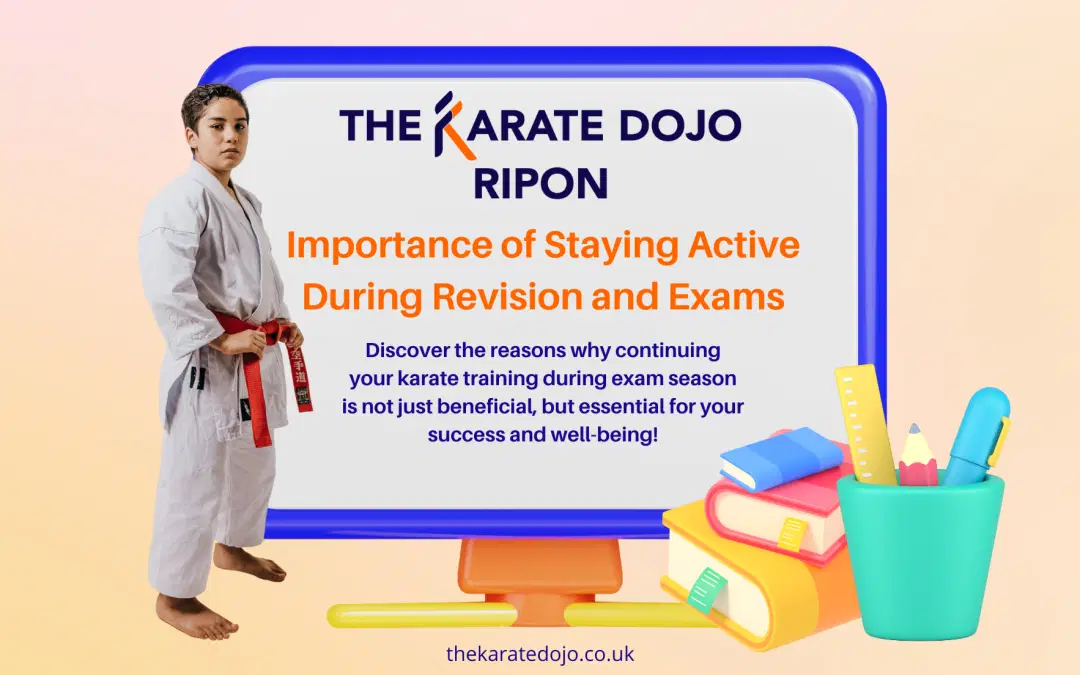1. Improved Brain Function: Engaging in physical activity enhances blood flow and oxygen delivery to the brain, which is vital for cognitive functions such as memory retention and problem-solving.
2. Increased Focus and Concentration: Exercise stimulates the release of neurotransmitters like dopamine and serotonin, which are essential for concentration, mental sharpness, and overall cognitive performance.
3. Stress Reduction: Physical activity acts as a natural stress reliever by reducing cortisol levels in the body. This is particularly beneficial during the intense pressure of exams, helping children maintain a calm and focused mindset.
4. Improved Mood and Energy: Regular exercise promotes the release of endorphins, which can enhance mood and reduce feelings of anxiety. A positive mood can lead to increased motivation and focus on studying.
5. Enhanced Self-Esteem: Participation in physical activities can boost self-esteem and body image. Children who feel good about themselves are more likely to approach their studies with confidence and motivation.
6. Brain Reset: Incorporating short breaks for physical activity allows the brain to “reset,” preventing mental fatigue and enabling children to return to their studies with refreshed focus and clarity.
7. Positive Impact on Academic Performance: Research indicates a strong correlation between physical activity and academic success. Active children often exhibit better grades and overall school performance, highlighting the importance of integrating exercise into their daily routines.
8. Social Interaction: Activities such as team sports or group classes encourage social engagement, which can reduce feelings of isolation and promote a sense of community, further enhancing emotional well-being.
Conclusion
Encouraging children to stay active during their revision and exams is crucial not only for their physical health but also for their cognitive and emotional well-being. By integrating regular physical activity into their study routines, children can enhance their focus, reduce stress, and ultimately achieve their full academic potential. This holistic approach supports a balanced lifestyle that prepares them for both academic challenges and personal growth.

